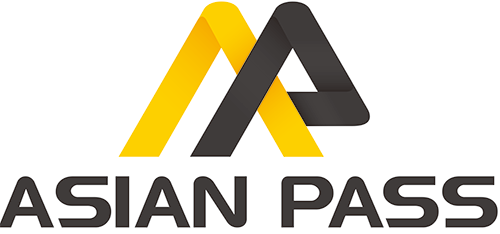How are accounting documents of expenditure focal points prepared and circulated according to Circular 24? Are accounting units allowed to design their own accounting documents to reflect what? How are accounting documents understood? Let’s find out more with Pham Consult!

How are accounting documents prepared and circulated by expenditure focal points according to Circular 24?
Pursuant to Point b, Clause 2, Article 3 of Circular 24/2024/TT-BTC, the following provisions are made:
Accounting units, dependent accounting units and focal points of indicators
- An accounting unit is a unit subject to Article 2 of this Circular that has economic and financial transactions arising, opens accounting books, performs accounting and prepares financial statements according to the provisions of this Circular.
- Depending on the scale of the organizational apparatus and the nature of operations, an accounting unit may organize dependent accounting units and focal points of expenditures directly under the unit to ensure the principles of streamlining and efficiency.
- a) A dependent accounting unit is a subordinate unit of the accounting unit, performing certain accounting tasks as assigned by the accounting unit, and must provide information and data at the end of the period for the accounting unit to prepare financial statements according to the provisions of this Circular.
- b) The expenditure focal point is a subordinate unit of the accounting unit and does not perform accounting work. All economic and financial transactions arising at the expenditure focal point must be accounted for and recorded in centralized accounting books at the accounting unit. The preparation and circulation of accounting documents of the expenditure focal point shall be carried out according to the instructions of the accounting unit.
Thus, based on the above provisions, the preparation and circulation of accounting documents of the expenditure focal point shall be carried out according to the instructions of the accounting unit.
What are accounting units allowed to design their own accounting documents to reflect?
Pursuant to Clause 1, Article 4 of Circular 24/2024/TT-BTC, the following provisions are made:
Regulations on accounting vouchers
- Accounting units are allowed to design their own accounting vouchers to reflect economic and financial transactions arising in accordance with management requirements, ensuring sufficient information for accounting, except in cases where accounting voucher forms have been prescribed in relevant legal documents. Accounting vouchers designed by the unit must accurately reflect the nature of the economic and financial transactions arising, comply with the
provisions of the Law on Accounting, and be consistent with the information required to be recorded in accounting books and the management requirements of the unit.
- In case the accounting unit or dependent accounting unit (hereinafter referred to as the unit) uses pre-printed accounting documents, it must be carefully preserved and not damaged or rotten. For accounting documents that are required by competent authorities to be managed separately and strictly, such as money, the unit must follow the correct management process to ensure absolute safety.
Thus, based on the above regulations, accounting units are allowed to design their own accounting documents to reflect economic and financial transactions arising in accordance with management requirements, ensuring sufficient information for accounting, except in cases where accounting document forms are prescribed in relevant legal documents.
At the same time, accounting documents designed by the unit itself must accurately reflect the nature of the economic and financial transactions that arise, comply with the provisions of the 2015 Accounting Law, and be consistent with the information required to be recorded in accounting books and the management requirements of the unit.
How are accounting documents understood?
According to Clause 3, Article 3 of the 2015 Accounting Law, it is clearly stated:
Explanation of terms
In this Law, the following terms are understood as follows:
- Financial statements are the economic and financial information system of the accounting unit presented according to the form prescribed in the accounting standards and accounting regime.
- Accounting regimes are regulations and instructions on accounting in a specific field or work issued by the state accounting management agency or an organization authorized by the state accounting management agency.
- Accounting documents are papers and information carriers reflecting economic and financial transactions that have arisen and been completed, serving as the basis for accounting entries.
- Accounting units are agencies, organizations and units specified in Clauses 1, 2, 3, 4 and 5, Article 2 of this Law that prepare financial statements.
- Original price is the initially recorded value of assets or liabilities. The original price of assets is calculated to include the cost of purchase, loading, transportation, assembly, processing and other directly related costs as prescribed by law until the assets are put into a state of readiness for use.




 VI
VI